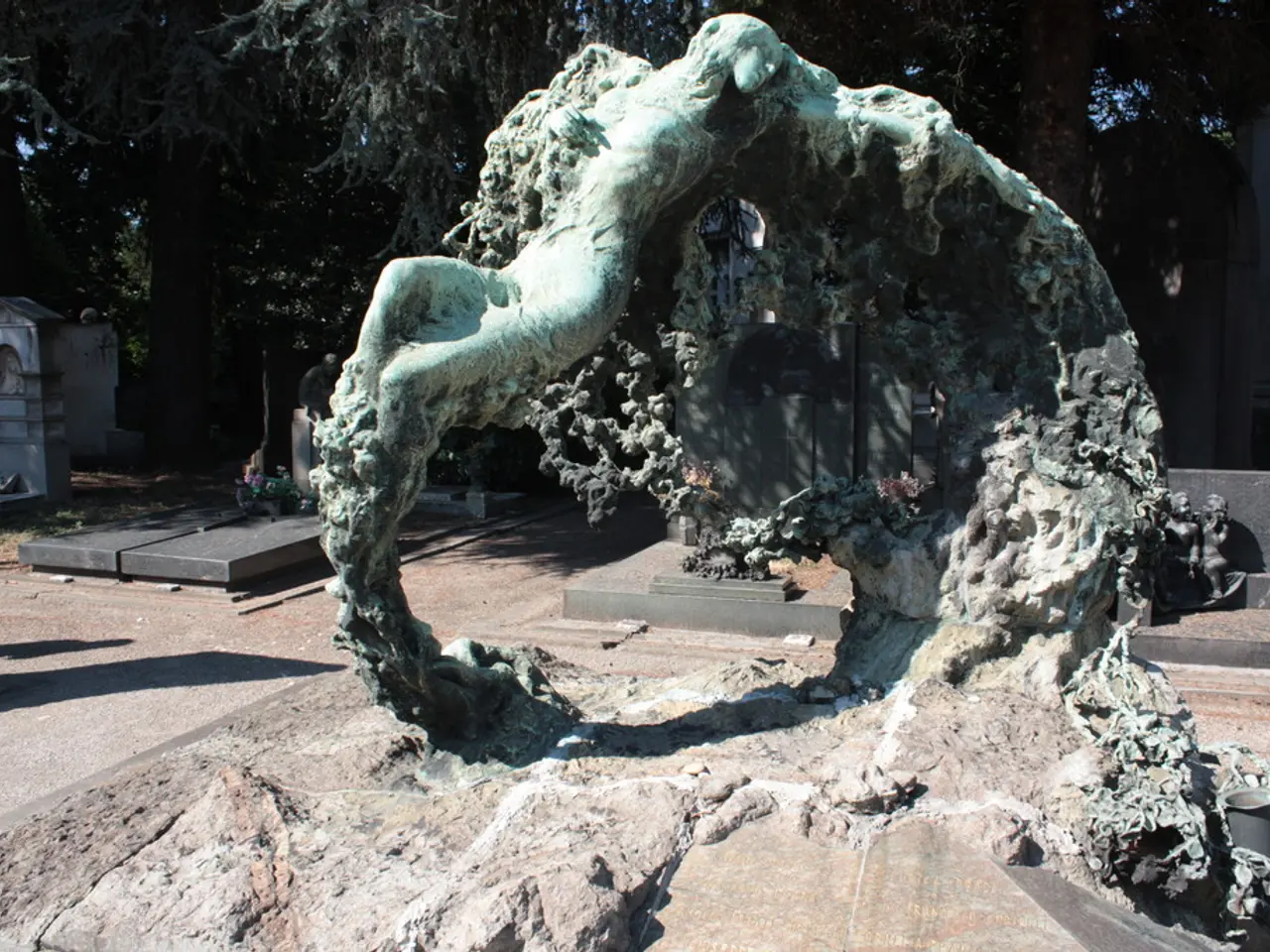Police murder cases go unpunished due to the lack of government action on the coroners law.
The implementation of Kenya's National Coroners Service Act, passed in 2017, has been delayed primarily due to a lack of political will and government inaction, despite legal backing and mounting international pressure. This protracted delay has meant the Act remains dormant eight years after passage, with no operational independent coroner service established as mandated.
The implications of this delay are significant for investigations into extrajudicial killings. The Act was designed to establish independent coroners authorized to investigate unnatural or unexplained deaths, including those caused by police violence and misconduct. These coroners would gather forensic evidence, conduct post-mortems, and submit findings to law enforcement and prosecutors.
Without an independent National Coroners Service, investigations into police brutality, enforced disappearances, and suspicious deaths are hampered, leading to widespread impunity for perpetrators. Families of victims are left without answers or justice, and many cases of alleged extrajudicial killings go uninvestigated or are actively covered up.
Since 2007, out of 727 suspected extrajudicial killing cases recorded, only 26 have resulted in prosecutions and fewer than 10 in convictions, illustrating the extent of the accountability gap. The absence of this statutory investigative mechanism undermines public trust, accountability, and the rule of law in addressing unlawful deaths and police misconduct.
In many counties, mortuary attendants and pathologists, lacking forensic expertise or oversight, are forced to make final calls on causes of death without conducting autopsies. A coroner, under the Act, is an independent professional who gathers forensic evidence, conducts post-mortems, and submits findings to the police and the Director of Public Prosecutions (DPP).
Legal scholar Professor Grace Mbote has noted that Kenya has a history of enacting progressive laws but failing to implement them. The United Nations, along with countries like the UK, Australia, and Northern Ireland, has recommended that Kenya fully operationalize the Coroners Act, citing the urgent need for accountability and independent investigations into state-linked deaths.
Lawyer Gitobu Imanyara stated that a country without effective investigation of suspicious deaths normalizes impunity. The absence of a coroner system has left many deaths uninvestigated or covered up, according to petitioners. The lack of a coroner system is argued to breach the right to life and dignity, creating a conflict of interest when police investigate cases in which they are implicated.
Individuals have the option to seek a second opinion at their own expense if dissatisfied with the coroner's findings. Findings from coroners are admissible in court and may support prosecutions. Police officers have been implicated in cases of extrajudicial killings, excessive force, and wearing facemasks during protests.
In summary, the delayed implementation stems from the government's refusal to operationalize the law and has led to continued difficulties in holding police officers and others accountable for extrajudicial killings, perpetuating impunity and denying justice to victims' families.
- The delay in implementing Kenya's National Coroners Service Act, passed in 2017, has hampered attempts to address issues in various sectors, such as policy-and-legislation, mental-health, and crime-and-justice.
- The independent National Coroners Service, as mandated by the Act, would investigate not only unnatural or unexplained deaths resulting from police violence and misconduct (fitness-and-exercise, health-and-wellness), but also potential war-and-conflicts-related casualties.
- Since its enactment, Kenya has made strides in certain scientific and business arenas, but its inability to enforce this Act demonstrates a broader issue concerning the implementation of progressive policies (policy-and-legislation, general-news).
- As more countries focus on improving mental-health services and promoting fitness-and-exercise, it is disconcerting that Kenya, despite having the necessary legislation, fails to provide basic accountability mechanisms, such as an operational National Coroners Service.
- The ongoing stalemate in deploying an independent National Coroners Service is detrimental to international efforts towards conflict resolution (war-and-conflicts) and fostering a culture of transparency and justice (politics, mental-health).




